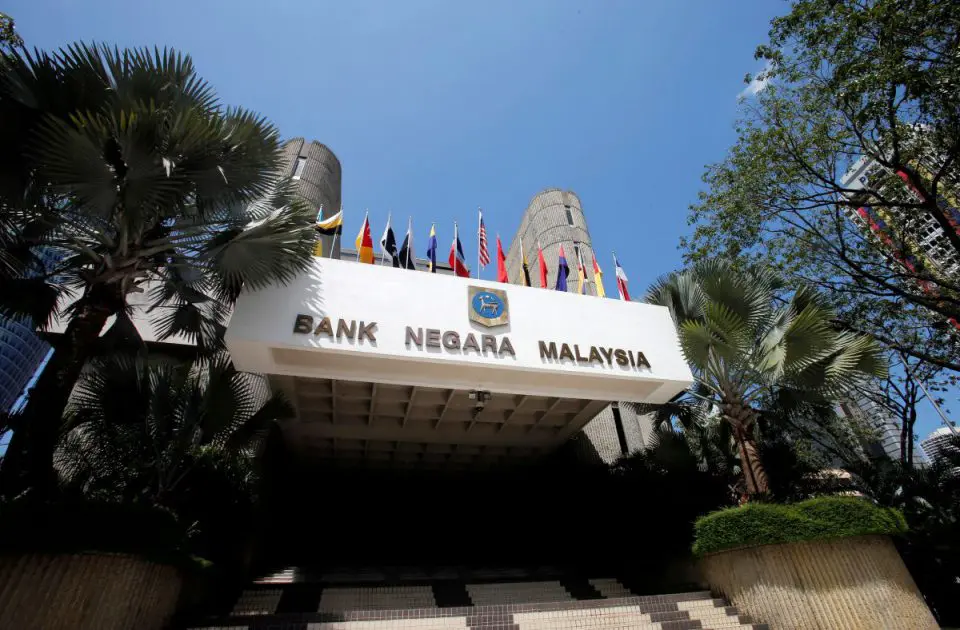KUALA LUMPUR, March 29 — The Monetary Policy Committee’s (MPC) monetary policy considerations will focus on managing inflation risks while supporting sustainable economic growth in 2023, said Bank Negara Malaysia (BNM).
The central bank said similar to other economies, 2023 will be a challenging year for the Malaysian economy, with a more moderate economic growth projected and inflation expected to remain elevated.
“The MPC will also continue to consider the cumulative impact of past overnight policy rate (OPR) adjustments in formulating any future decisions, given the lag effects of monetary policy on the economy,” it said in its Economic and Monetary Review 2022 released today.
BNM said while global cost factors have shown signs of moderation, inflationary pressures continue to depend on global commodity prices and financial market developments, as well as changes in domestic policies on subsidies and price controls.
“More fundamentally, amid risks from changes to price-setting behaviour, monetary policy will also need to consider the inflation dynamics that will prevail as shorter-term supply shocks abate,” it said.
BNM stressed that monetary policy is aimed at the path that is most consistent with keeping inflation low and stable and supporting sustainable growth over the medium-term.
However, it said the current environment remains uncertain, and as such, the MPC’s decisions will continue to depend on the current developments and their implications on the overall outlook of domestic inflation and growth.
“Any potential adjustments to the degree of monetary accommodation will be carefully calibrated, taking into consideration the balance of risks surrounding inflation and growth,” it said.
Meanwhile, BNM governor Tan Sri Nor Shamsiah Mohd Yunus said although global growth is expected to expand at a slower pace amid high inflation and tight monetary policy, the country’s financial system will continue to be a key source of strength for the economy.
In her foreword for the report, she said the flexibility in the ringgit’s exchange rate — which helps to buffer the impact from the rapid and sizeable global monetary tightening on the domestic economy — will continue to facilitate appropriate macroeconomic adjustments in the face of external shocks.
“The orderly functioning of financial markets, as well as the strength of financial institutions, will support continued financial intermediation activities to meet the needs of the economy,” she said.
According to Nor Shamsiah, over-adjustments in monetary policy would negatively impact growth, while undershooting could lead to inflation expectations becoming unhinged with damaging effects on consumers’ purchasing power and the sustainability of economic growth.
She said in this environment — consistent with the BNM’s legal mandate to promote price stability while giving due regard to developments in the economy — the MPC has raised the OPR at a measured and gradual pace.
“Given that monetary policy works with a lag, the recent pauses allow the MPC to assess the impact of successive OPR adjustments, along with evolving conditions that affect the outlook of growth and inflation.
“We remain watchful over the persistency of price pressures,” she said.
Nor Shamsiah said BNM’s near-term strategy is to ensure that the OPR remains at an appropriate level to manage inflationary pressures, which will allow the country to achieve sustainable growth over a longer term.
— Bernama





